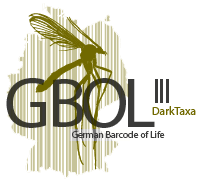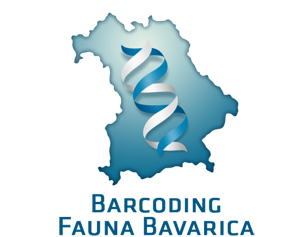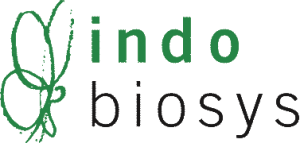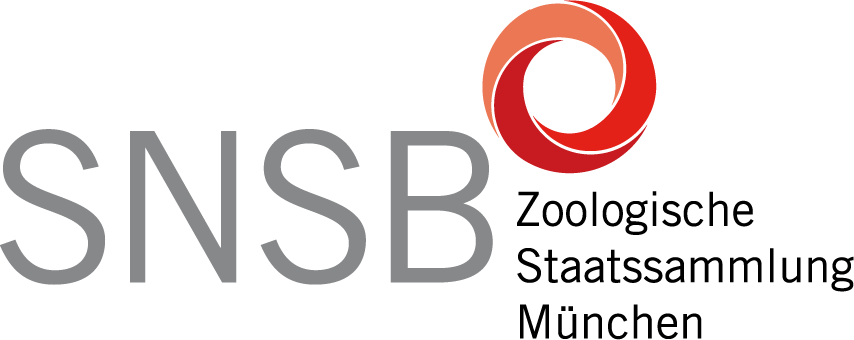Large-Scale Projects of the ZSM and International Project Collaboration
Externally funded large-scale projects
GBOL III: Dark Taxa
Advancing the integrative-taxonomic discovery of megadiverse insect taxa through DNA barcoding

The third phase of the German Barcode of Life project aims at discovering previously unknown species, so-called “dark taxa”, in our native fauna. Thereby an integrative-taxonomic approach based on DNA barcodes, i.e. short DNA sequences (DNA barcodes) is employed. The taxonomic target groups include the flies and midges (Diptera) and parasitoid Hymenoptera.
The ZSM cooperates with research museums from Bonn and Stuttgart, as well as the University of Würzburg and the Entomological Society Krefeld. The three-year project is funded by the German Federal Ministry of Education and Research (BMBF) with more than 3.5 million euros.
Within the scope of “GBOL III: Dark Taxa” methods are to be developed to accelerate the discovery and identification of previously unknown species of the German fauna. Older samples from scientific collections should also be made usable for comparative studies. The project creates an important scientific basis for better understanding the decline of insects in Germany and elsewhere.

The DNA barcoding at the ZSM is carried out in close cooperation with the Centre for Biodiversity Genomics (CBG), which maintains and develops the international Barcode of Life Database (BOLD).
See also the published data releases.

Barcoding Fauna Bavarica (BFB)
The project, continuously funded since 2009 by the Bayerisches Staatsministerium für Bildung und Kultus, Wissenschaft und Kunst, aims to generate DNA barcodes for all Bavarian animal species.
Indonesian Biodiversity Discovery and Information System (IndoBioSys)

Indobiosys is a German-Indonesian research project (2015-2018) funded by the Federal Ministry of Education and Research.
The project is conducted in close cooperation with the Museum für Naturkunde Berlin and the Research Center for Biology – LIPI in Cibinong, Indonesia. All institutions look back to a longstanding and fruitful research cooperation for more than 15 years.
GBIF-D node Evertebrata II
The node shares, together with other nodes of GBIF-Germany, the aim to provide free and open access to “life databases” for everybody. (Funding: BMBF)
Project collaborations
- VIETBIO – Innovative Approaches to Biodiversity Discovery and Characterization in Vietnam. German-Vietnamese training and research project of the Museum für Naturkunde in Berlin focusing on the development and transfer of an integrated biodiversity discovery and monitoring system for Vietnam.
- deutsch-vietnamesische Ausbildungs- und Forschungsprojekt unter der Leitung des Museums für Naturkunde in Berlin dient der Entwicklung und dem Transfer eines integrierten Biodiversitätsentdeckungs- und -monitoringsystems für Vietnam.
- Research station “Panguana” in Peru (in German)
- Ethiopian Insects Project – a research project to the taxonomy and distribution of ethiopian insects
- Insects of Israel – a study on the taxonomy and distribution of the insect fauna of Israel with special attention to conservation requirements.

